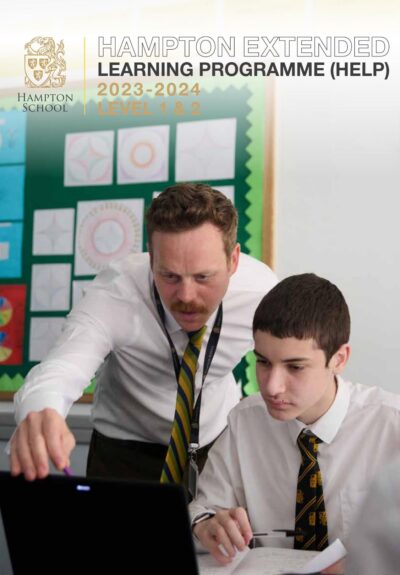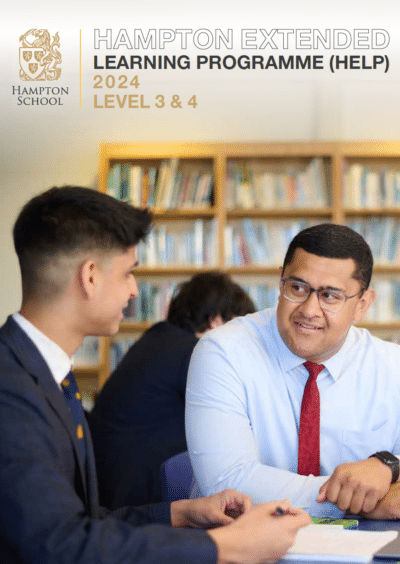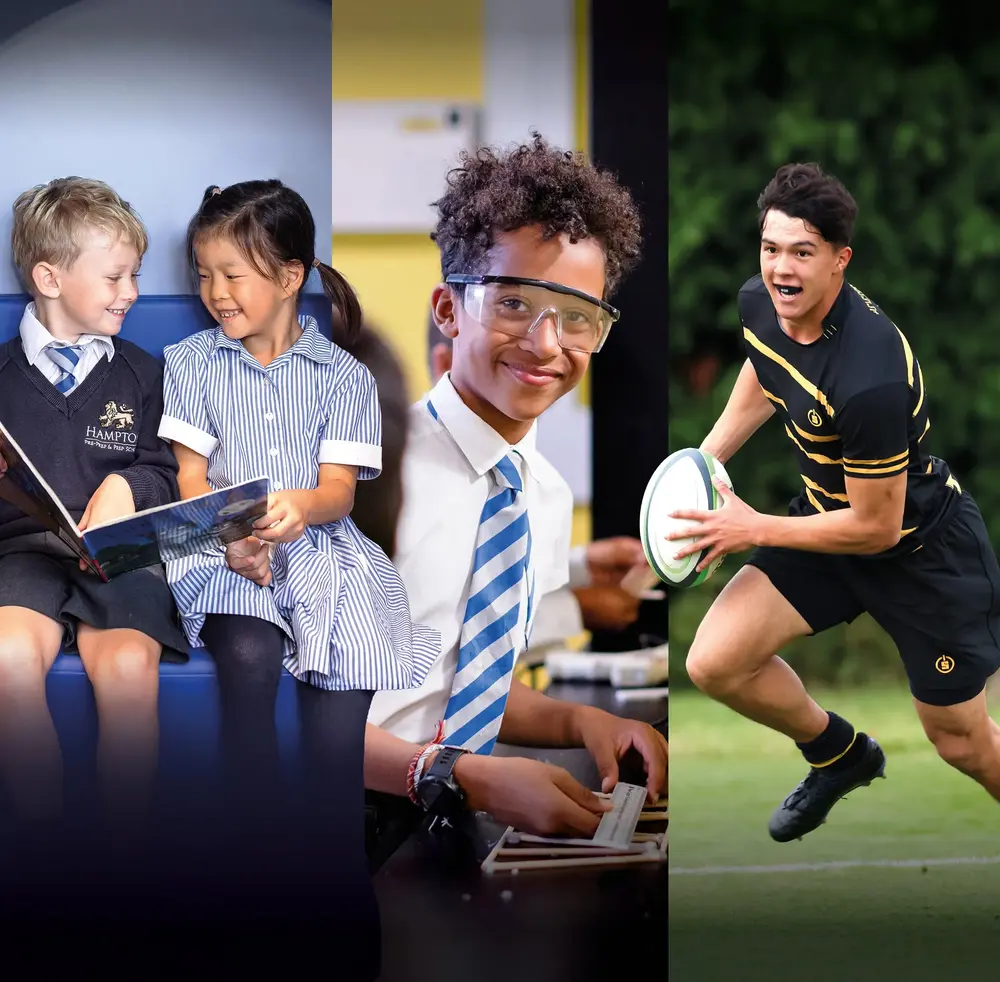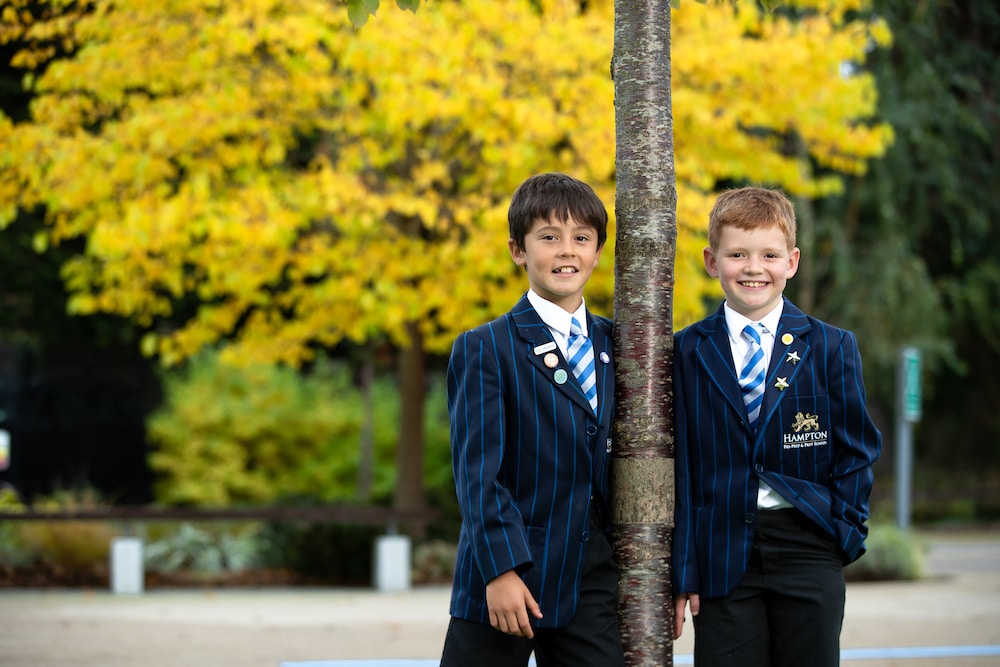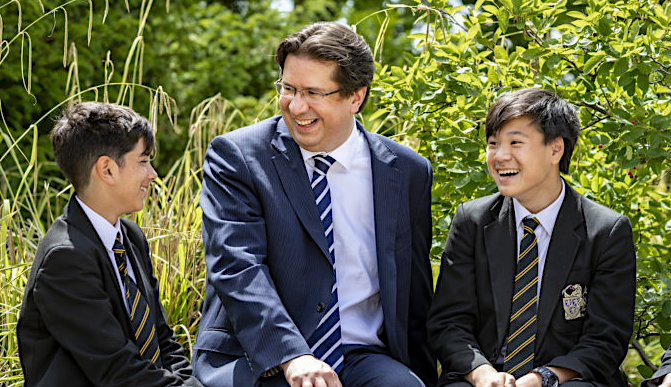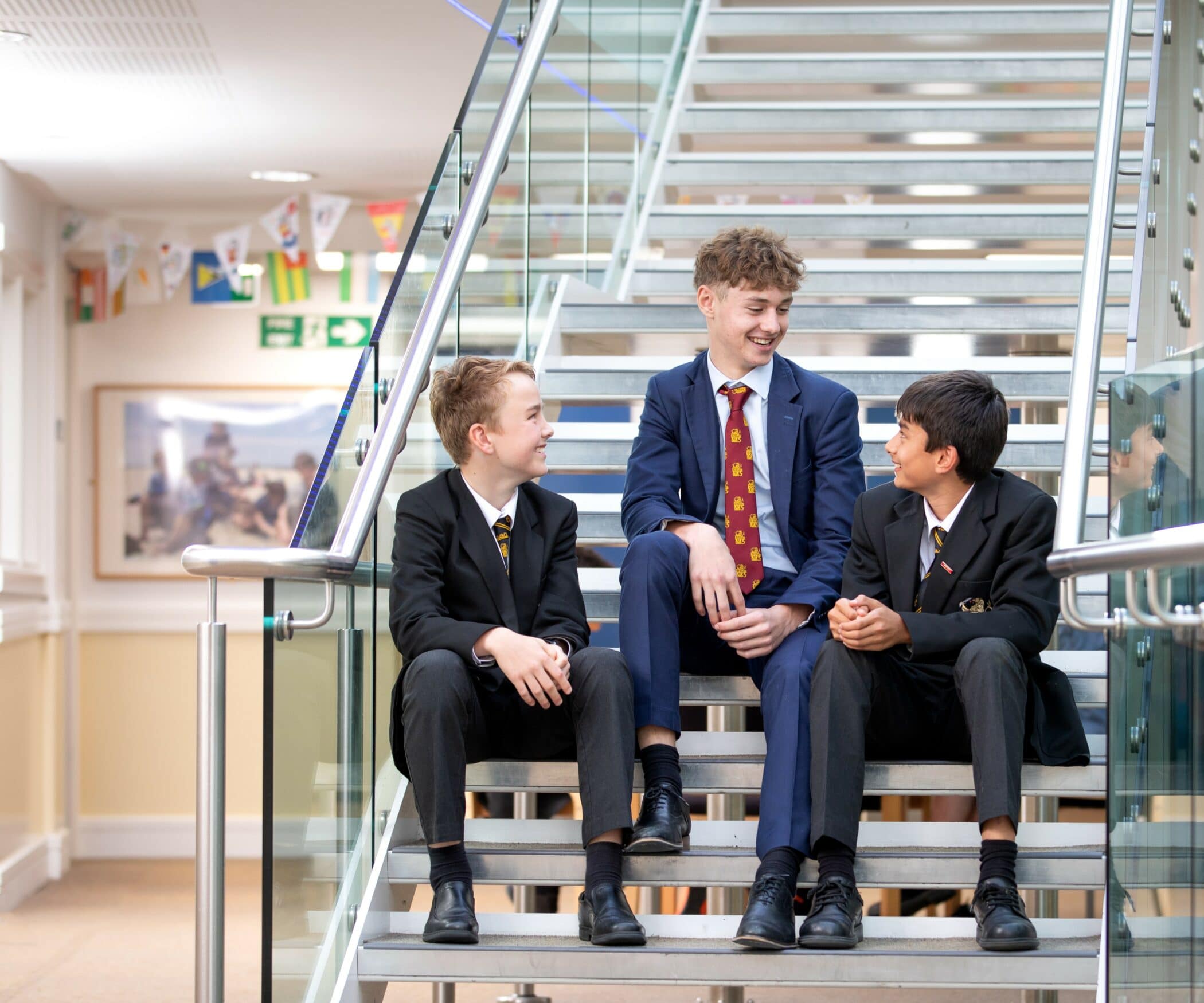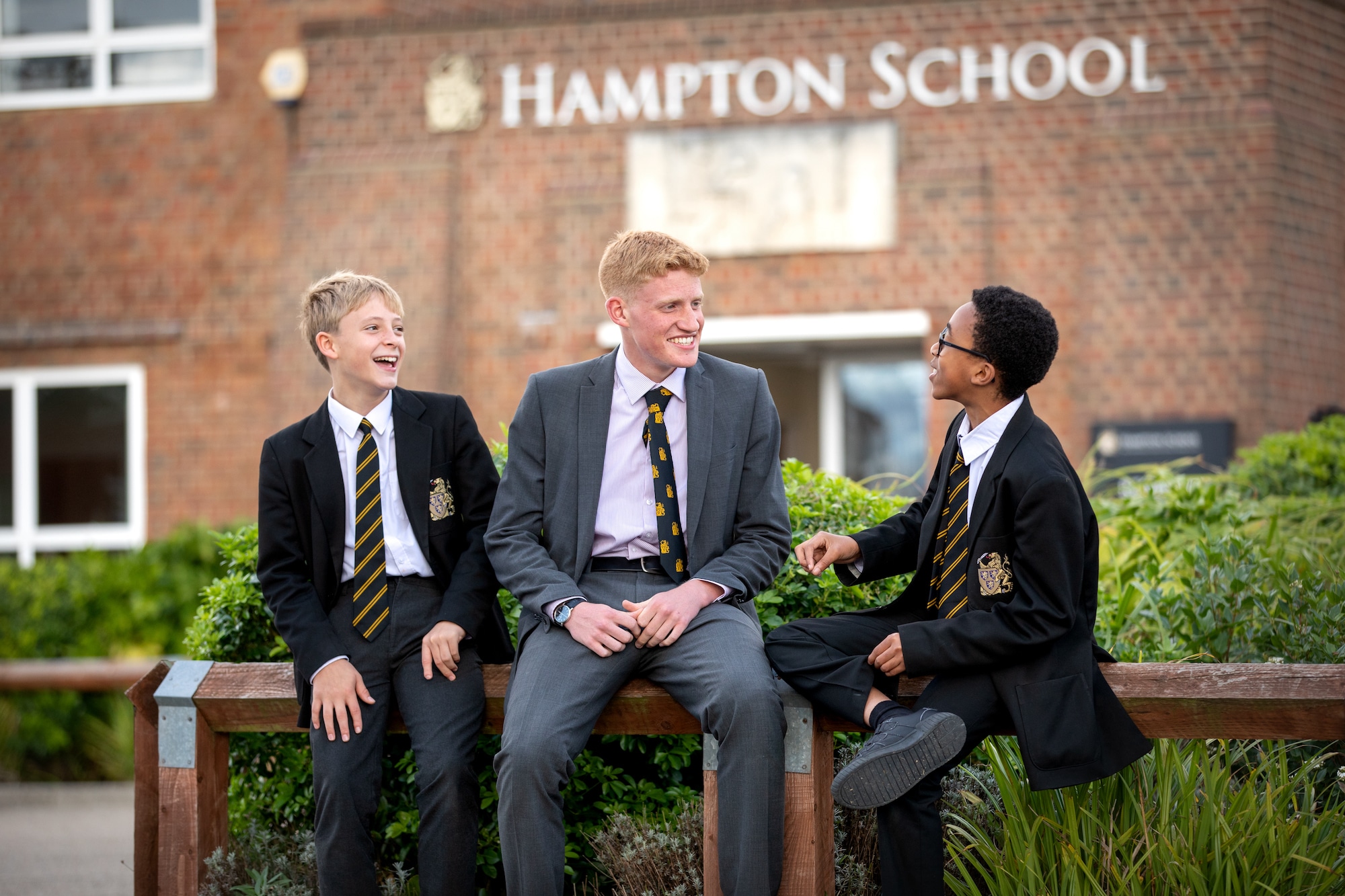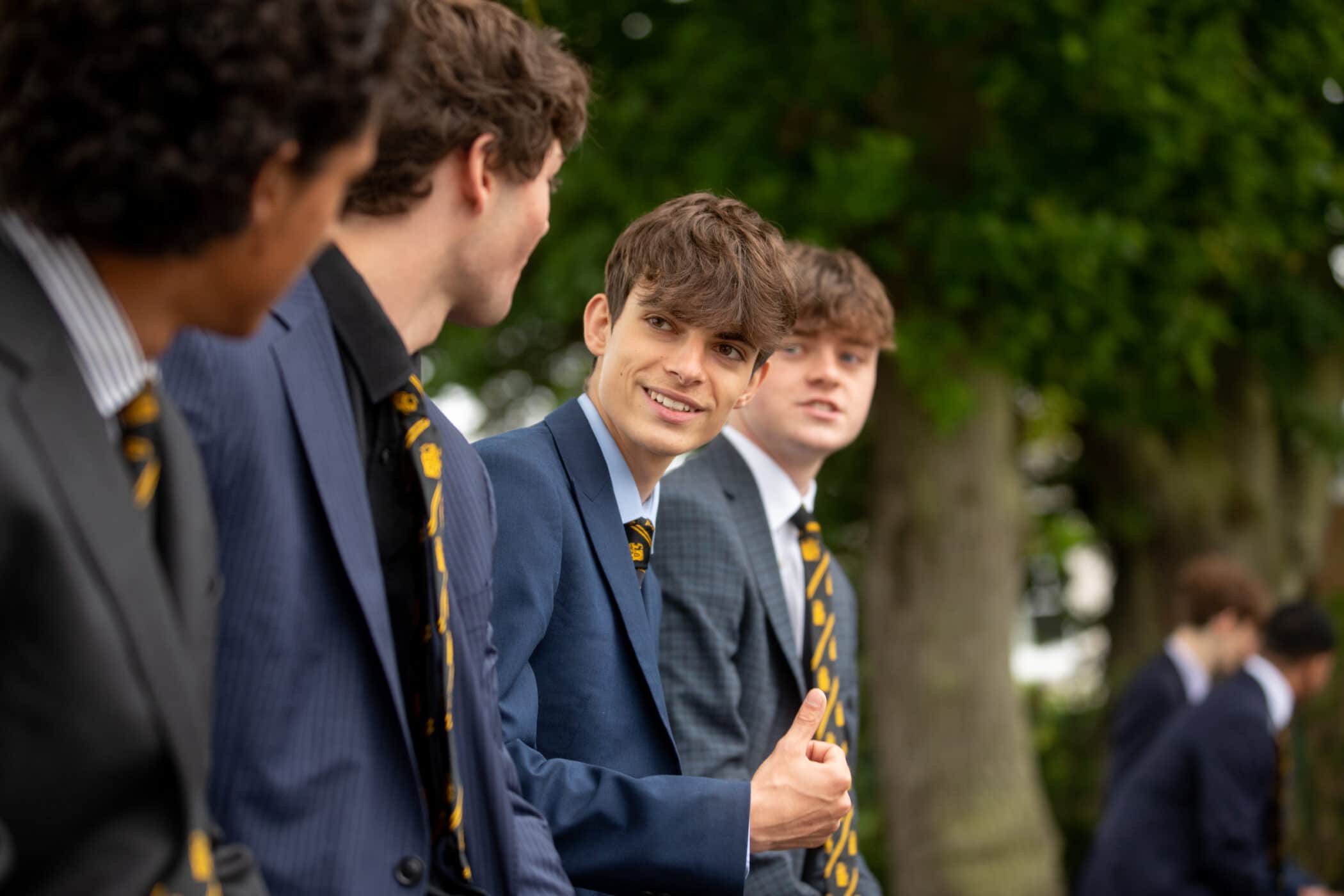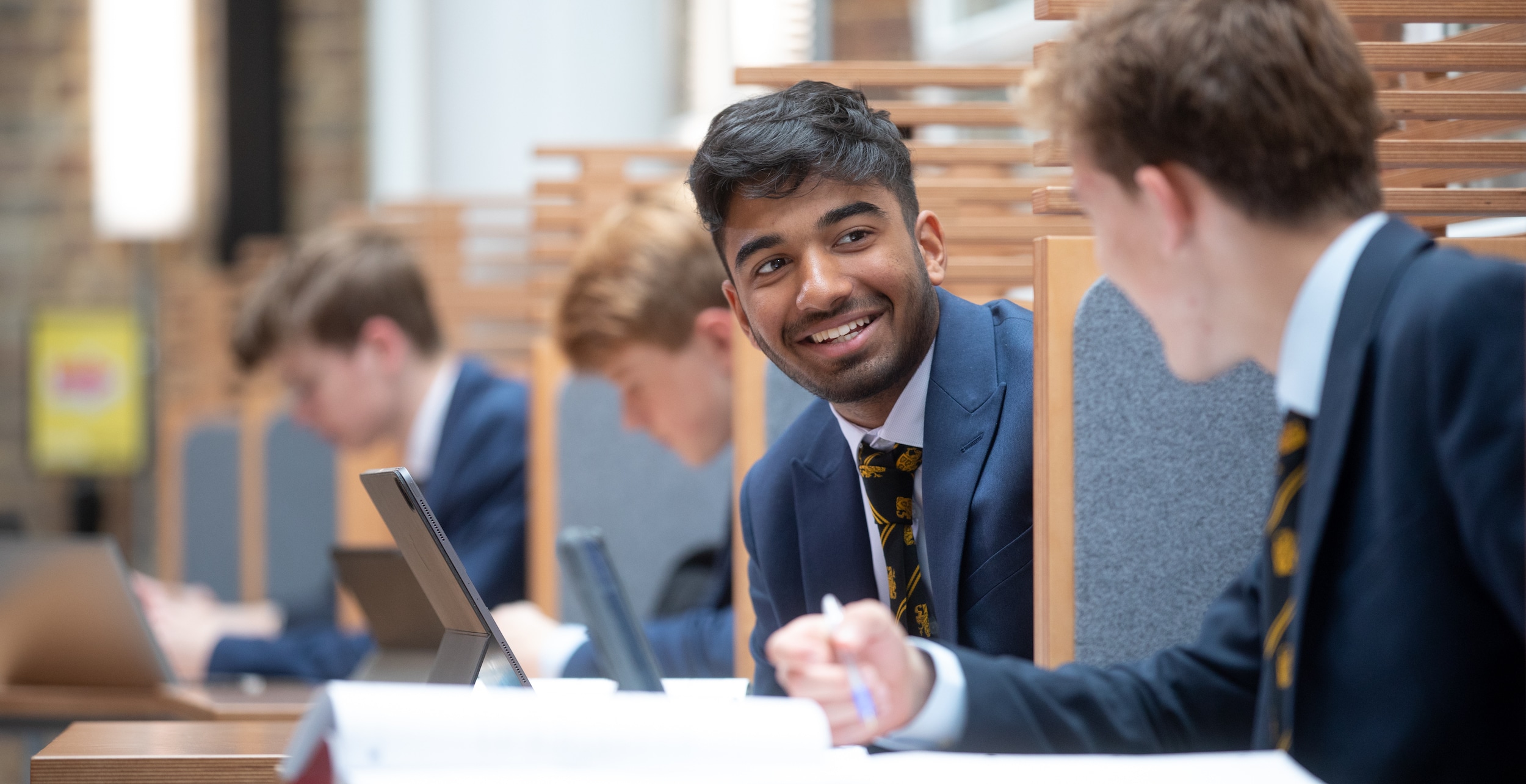The Hampton Extended Learning Programme (or HELP for short) is a programme of extended learning open to boys in the Second Year and above.
Pupils undertake projects in the form of extended essays on an area of personal interest, as well as creative projects such as creating artwork, models, musical compositions, and videos. Each pupil is overseen by a teacher, who acts as their supervisor, guiding them on a one-to-one basis through their research project. This enables boys to develop skills which will be of great use to them as they move up the School.
HELP has four levels: Level 1 – Second Year, Level 2 – Third Year, Level 3 – Fourth/Fifth Year and Level 4 – Sixth Form.
The aims of HELP are:
- To foster a love of learning and encourage independent learning
- To provide an opportunity for the development of research and organisational skills
- To provide an opportunity to develop presentational skills
- To encourage creativity and free-thinking outside the everyday curriculum
Topics for projects in the past few years have included amongst many others: artificial intelligence, financial fair play in football; computer programming; black holes; neurology; the Battle of Stalingrad; the Big Bang Theory; moral obligation to obey the law; and the war poets.
For Sixth Form pupils, the HELP project provides additional stretch and challenge. It offers them the opportunity to produce an extended piece of work either in an area they are already studying, or one in which they have a particular interest. The process of organising and producing the project develops the skills of research, analysis, independent learning and time-management that are so highly valued by the top universities.
Sixth Form pupils choose topics which interest them either alongside their A Level syllabus or cutting across syllabus boundaries or in a new, but related, territory. They then research and produce an essay of between 5,000 and 10,000 words, fully academically referenced. Once complete, boys will give a presentation to some of their peers and staff on the subject of their research and take questions. The School is able to mention this work positively in the pupils’ university references and several boys have found themselves discussing their research in depth at university interviews.
The publications below showcase the wide variety of projects produced by Hamptonians:
